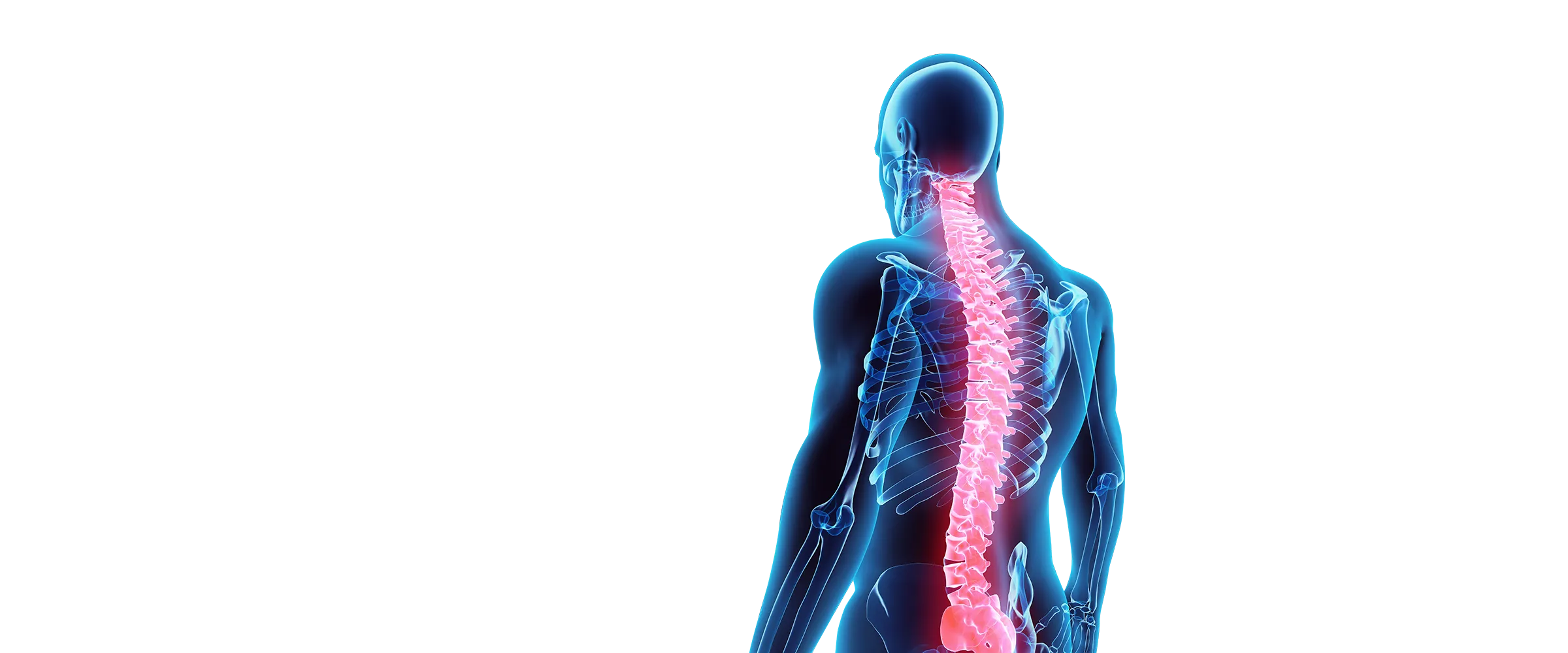Helping Patients with Alcohol Induced Neuropathy
- posted: May 07, 2018
Alcoholic neuropathy presents in patients similarly to other forms of neuropathy, with tingling and numbness in the extremities, loss of heat and cold sensation, loss of fine motor control, impotence in men, and so on. All this is accompanied by the chronic pain typical in cases of peripheral neuropathy. Because of the areas of the mind and body targeted by the alcohol, it is common for alcoholic neuropathy patients to exhibit outward signs of intoxication even when sober, such as slurred speech, stumbling gait, and clumsiness. The American Journal of Clinical Nutrition says that, in severely affected patients, the legs and hands may be nearly useless to the point of paralysis and sensation may be entirely absent in extremities. In these cases, the skin can also be dry and atrophic.
The specific causes of alcoholic neuropathy are difficult to pin down, and thus, the case can be tricky to diagnose. If a patient has a known history of alcohol abuse, that is, of course, a good place to start. Generally, a pattern of heavy alcohol use for a period of ten years or more will be accompanied by neuropathy symptoms. A leading theory contends that the cause of alcohol-related neuropathy may be the combined effect of direct nerve-poisoning by the alcohol itself, coupled with the long-term poor nutrition that often accompanies alcohol abuse. Alcoholics typically exhibit erratic eating habits, resulting in poor overall nutrient intake, and the damage to organs reduces the absorption of nutrients from food. Of course, difficulty in motor control resultant from neuropathy often exacerbates the malnutrition, as the patient becomes socially uneasy about mealtimes and self-conscious about feeding themselves.
Nerve damage from alcoholism is usually permanent. The first order of business in treating patients with alcoholic neuropathy is to bring the drinking and nutrition problems under control. If alcohol consumption is not severely limited and adequate nourishment is not supplied, additional treatments will be futile and symptoms will almost invariably compound. Beyond this, treatment seeks three main goals:
- To control symptoms
- To maximize and restore function (quality of life)
- To prevent further injury to the patient due to neuropathic vulnerabilities
Most treatments address these three tenets simultaneously. Pharmaceutical treatments include the use of painkillers, either prescription strength or over-the-counter (such as analgesics). When treating patients with alcoholic neuropathy, it is advisable to recommend the lightest use of pain medication possible, as the patient in question is by definition susceptible to habitual substance abuse. Be sure to monitor use of any medications very carefully.
Because of the underlying nutritional deficit usually at the root of alcoholic neuropathy, some patients may benefit from a system of nutritional supplements. A dietician or other qualified staff person in your office should be consulted to ensure the proper replenishment of nutrients necessary to prevent the spread of neuropathic symptoms. Parenteral multivitamins are also useful in many cases to assist nutrition.
Several new lifestyle habits can help patients adjust to living with alcoholic neuropathy, such as carefully monitoring the temperature of bathwater to prevent burning, inspecting themselves and their clothing and footwear for points of rubbing or wear on the skin, and so forth. In alcoholics, the establishment of these habits (which are themselves advisable for all neuropathy patients) can be instrumental in the replacement of the undesirable dependency that caused the problem.
Although nerve damage is usually permanent, the prognosis for sufferers of alcohol-related neuropathy can be very good if the alcoholic successfully refrains from indulging the dependency and works to replenish nutrition. It is important to emphasize to patients that substantial recovery from degenerating neuropathic symptoms will not be seen for a period of several months. Of course, subjective improvements in lifestyle and health will begin almost immediately when abstaining from an alcohol dependency as a result of general detoxification.
If you have patients you believe could be suffering from alcoholic neuropathy, we are here to help you determine for certain how best to proceed!
Contact NeuropathyDR and we can give you even more information about how to help your patients suffering from alcohol abuse-related neuropathic symptoms.
http://www.nlm.nih.gov/medlineplus/ency/article/000714.htm
http://www.neillneill.com/alcoholic-neuropathy
http://www.bettermedicine.com/article/alcoholic-neuropathy
http://www.learn-about-alcoholism.com/alcoholic-neuropathy.html


